Popping Up Like K-pop
Analyzing the Big Success of an Ever-Booming Industry
November 27, 2022
Suppose you are walking around Hongdae. You will hear at least thirty different K-pop songs in the fifty steps you take. Nowadays, this is prevalent not only in Korea but also in countries around the world. In NYC, Tokyo, and other metropolitan areas, you can easily find places streaming K-pop songs. According to research conducted in 18 different countries with 8500 participants aged 15-59 from statista.com, 65.5% of people thought K-pop is at least moderately popular, and 39% answered that it is prevalent.
Just a few years ago, this specific genre of music was a simple minor boom among enthusiasts, but since the big hit of PSY’s Gangnam Style in 2012, and the rising fame of BTS in 2016, K-pop reached the peak of its popularity with millions of fanatics all over the globe. And sure, every genre of music is popular somewhere, but what makes K-pop so special is its rapid growth to fame. So what is the secret behind their speedy acclaim?
For those who are unfamiliar with K-pop, it might just seem like a momentary trend with iconic dances and pretty faces. To fans, however, it holds more meaning. Surprisingly, they connect to the genre and the artists through love, personal narrative, growth, culture, and so much more. Ultimately, these connections are the true reason behind the idols’ popularity.
K-pop is a business that exceptionally uses the love of its fans for marketing. This adoration isn’t just simple admiration or support, but a genuine feeling that is identical to the emotion we feel towards our lovers – sometimes, even more so. Shockingly, a brain activity scan has shown that the love fans harbor toward their favorite artists is greater than the feeling they have for their actual partners.

Because the love enthusiasts feel toward an idol gives them greater stimulation than the feeling they experience with a real-life partner, K-pop fans have developed a whole new culture of an illusionary relationship with their beloved idols. There is even a word made to describe this situation in Korean, and it is called ‘유사연애,’ which roughly translates to “pretend relationship.”
While it becomes abhorrent sometimes, this zealous culture of fanaticism gives agencies various ways to commercialize numerous merchandise, such as tickets for concerts, fan apps, and albums. One of these products is ‘Bubble,’ which is a message program that allows fans to directly contact their favorite artist. This unique app provides two-way communication in which artists themselves can reply by reading through some of the messages they receive. To the artist, millions of messages appear on screen at the same time, but fans’ screens only show the artist’s reply, creating an illusion of texting them personally and encouraging them to purchase a monthly subscription.

Albums are also, quite obviously, a way to procure mass income. The more collections you buy, the higher the chances are for you to attend a fan meeting. There are also random photo cards of the K-pop idols inside, further enticing zealots to buy several copies of the identical album. Extremists will go as far as to bring this number up to the hundreds and do so in secrecy to prevent others from doing the same.
What’s intriguing is that this business has become its own stock market. Rare photo cards with limited releases are exchanged among fans, and during this process, their values rise and drop dramatically. Seasoned enthusiasts even share tutorials on how to collect valuable cards before their cost rises. Sometimes, people who aren’t part of the fandom get involved in this trend.
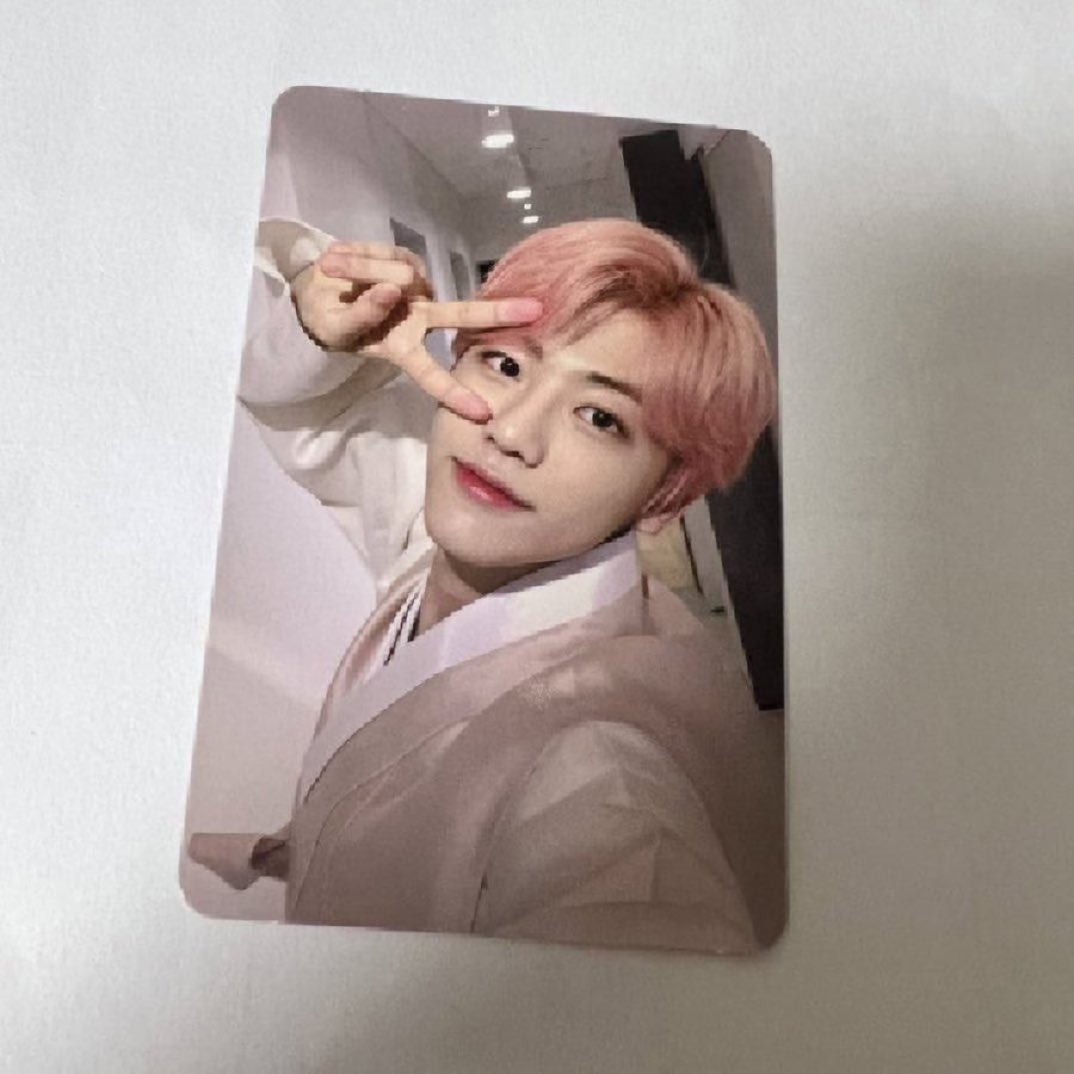
More than that, agencies target the audience that wants a first-person experience with artists and continue to provide them with numerous content to fuel that devotion. Fancams, self-produced variety shows, selfies, and pictures called Girlfriend Pics (여친짤) or Boyfriend Pics (남친짤), are a few examples. Songs and performances aren’t all that matter nowadays. The endless charm of the idols behind and off stage is what really turns a mere interest into a near obsession.
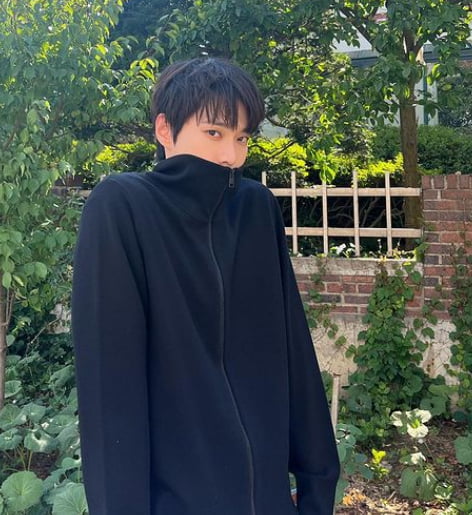
Fans not only love artists, but they also follow through with idols’ experiences by researching their backstories. When their favorite celebrity makes it into the big league after overcoming many obstacles, enthusiasts physically feel the sensation of victory and success, with mirror neurons and endorphins firing all over.
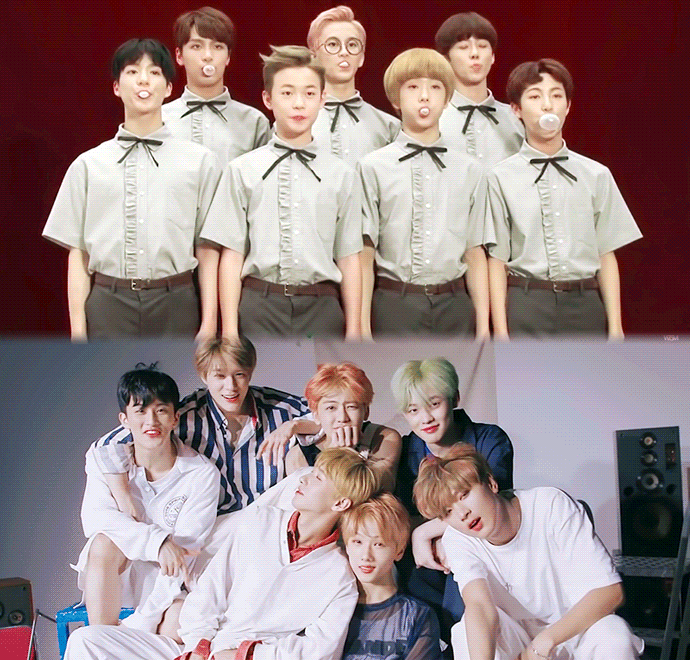
A great example of this growth narrative is the story of NCT Dream. The group started out at a young age when they were around 16 years old. The strong bond between the members and the story of the young trainees becoming grown-up musicians – with the visible maturing of their voices, height, and song concepts – touch the heart of many, some even going as far as to admit feeling an emotion close to maternal love.
As a long-time fan of K-pop, I am honestly glad that so many others came to see the magnetism this genre has, despite all the negativities that are spiking with some ignorant stans being overly and inappropriately obsessive. Though some also say that the beauty standards the artists create can be overwhelming for normal people to keep up with, I believe that with a positive space and atmosphere, we’ll be able to love others’ beauty without hating our own.
That being said, there are definitely changes to be made, and problems to be recognized within a genre that tripled in size within a couple of years. Nevertheless, I believe that over time, people can change for the better and that K-pop will continue to inspire adolescents like me to see hope in life and find joy even on the most tedious days.
It is truly surprising how fans can love an artist behind their phone screen or on a stage far away as much as they love their partners and friends, and though this love seems one-sided, I’ve seen how much bond artists and fans can form with each other. To me, that is all I need to say that loving K-pop is worth the trouble.



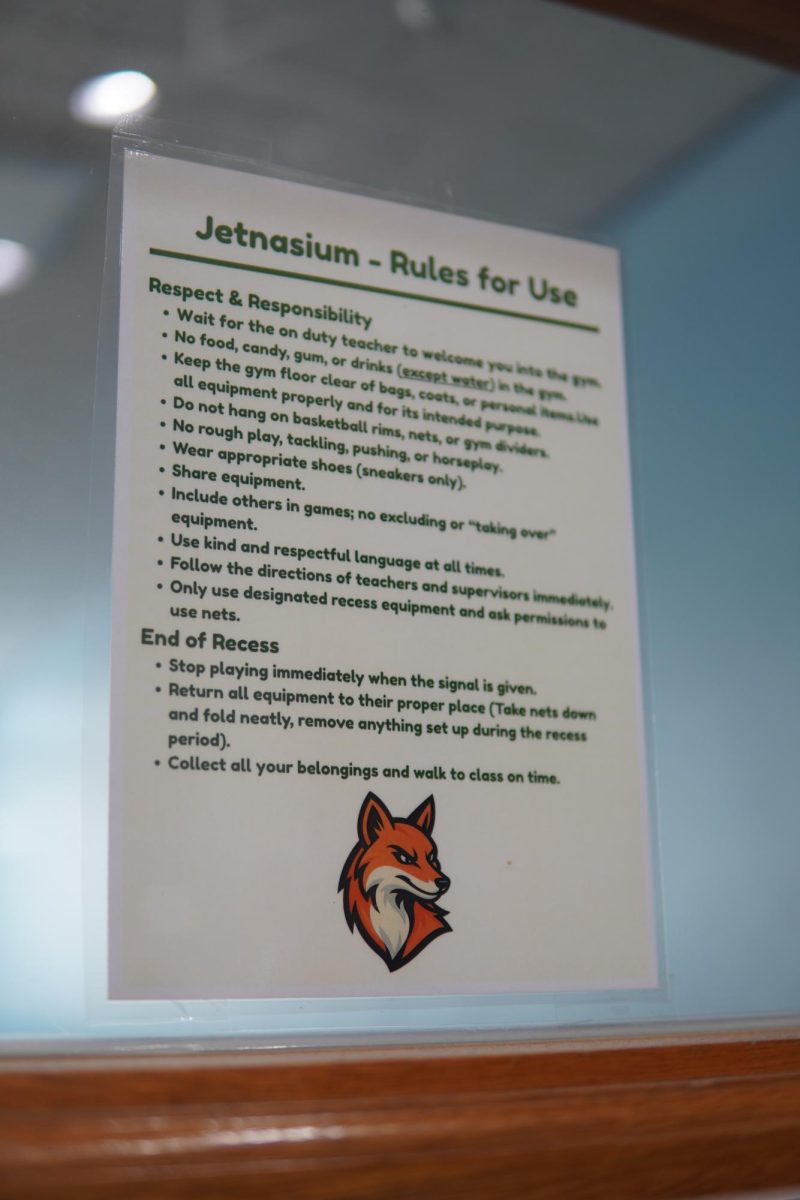













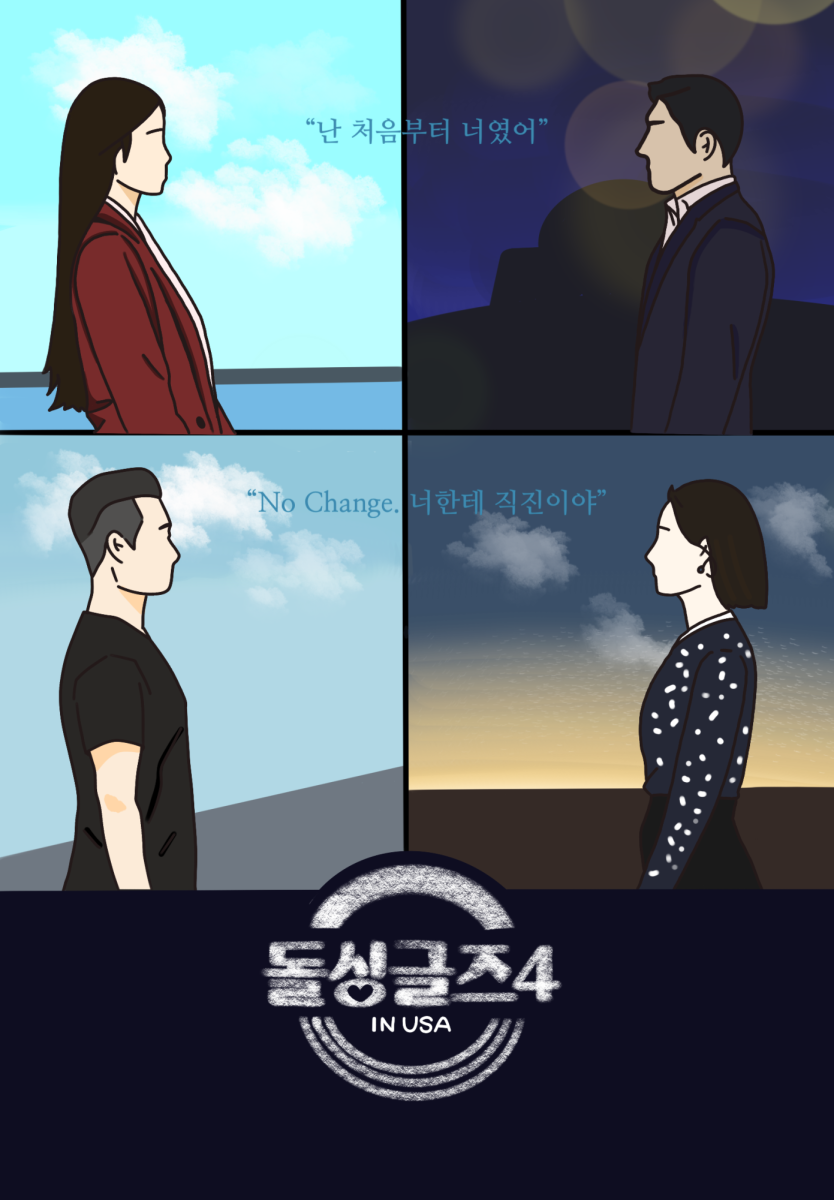






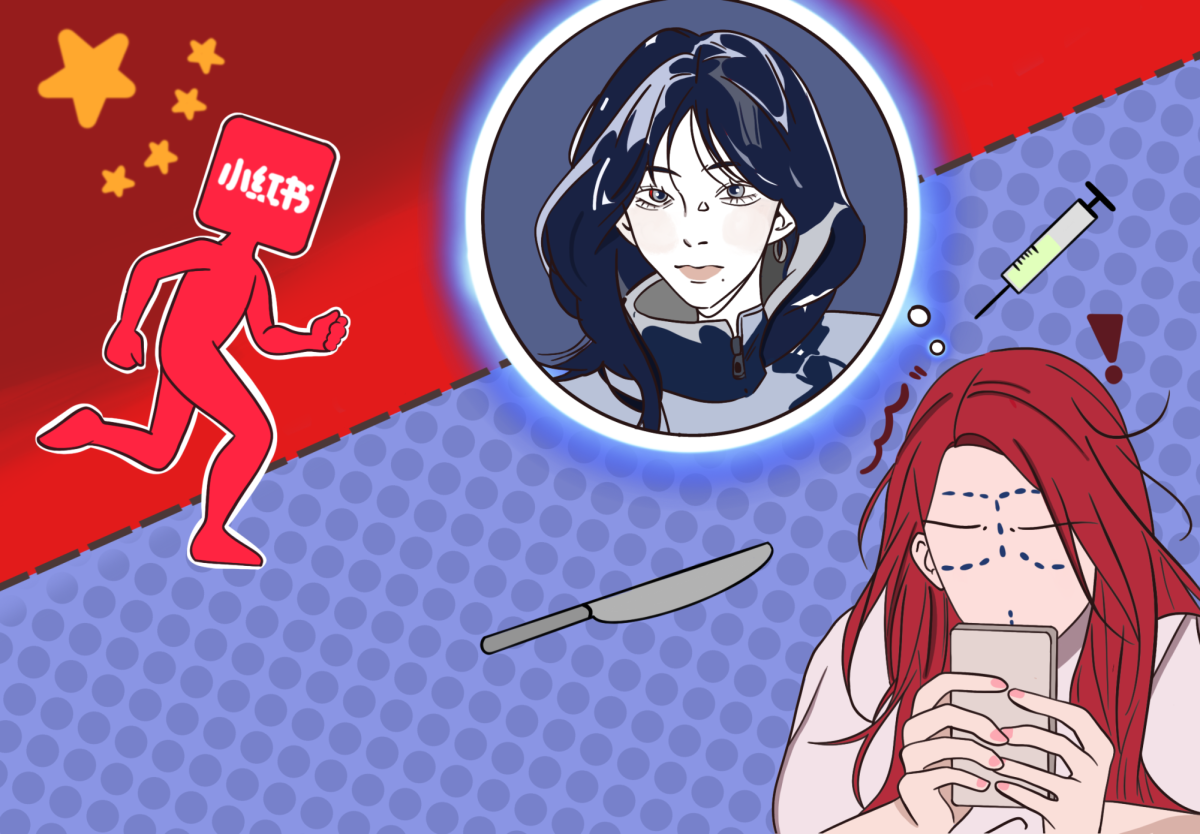






















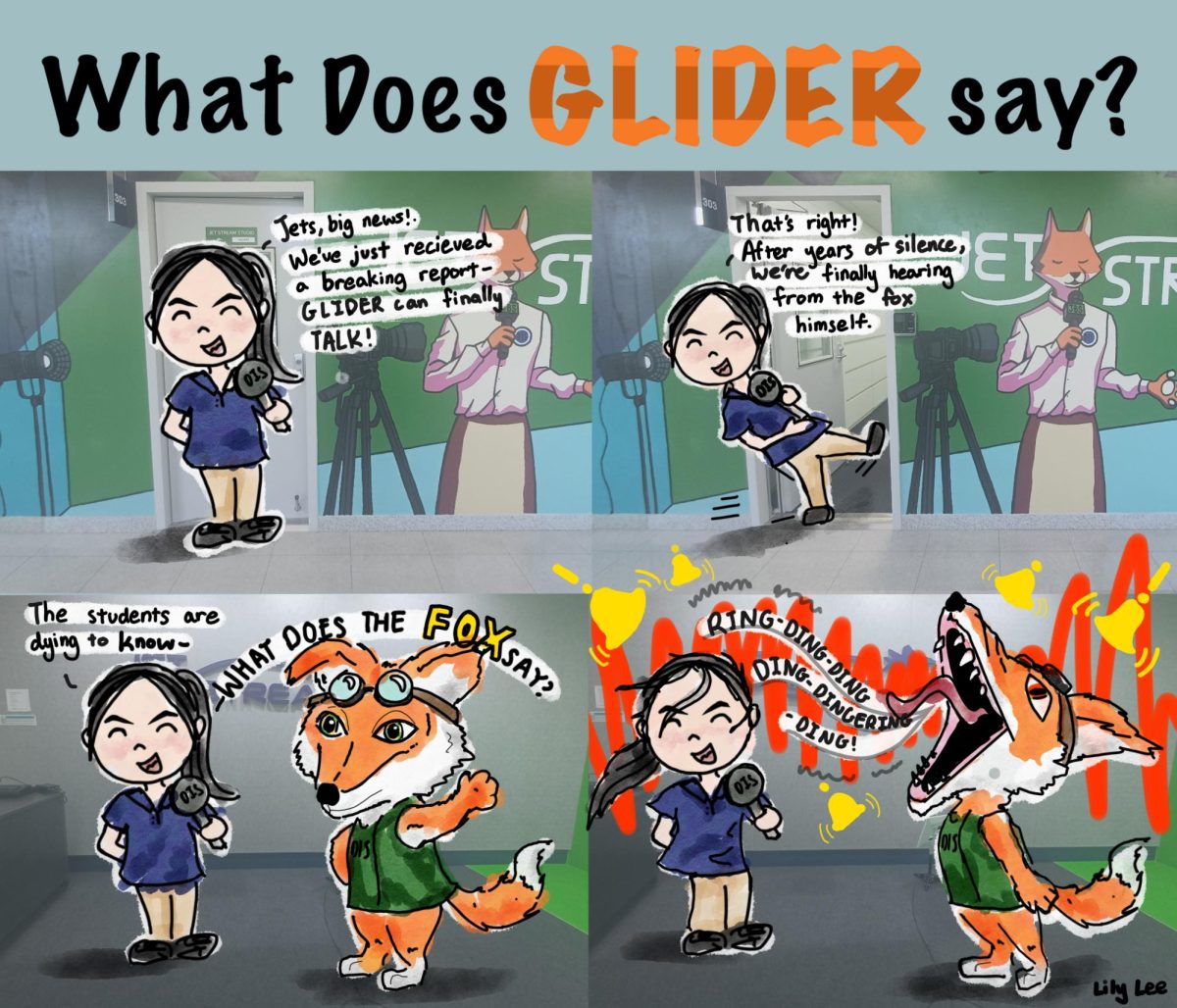





Mr. Pierog • Dec 1, 2022 at 11:54 pm
Great writing on this topic! I can see how there are all kinds of facets to K-pop. Enquiring readers want more!